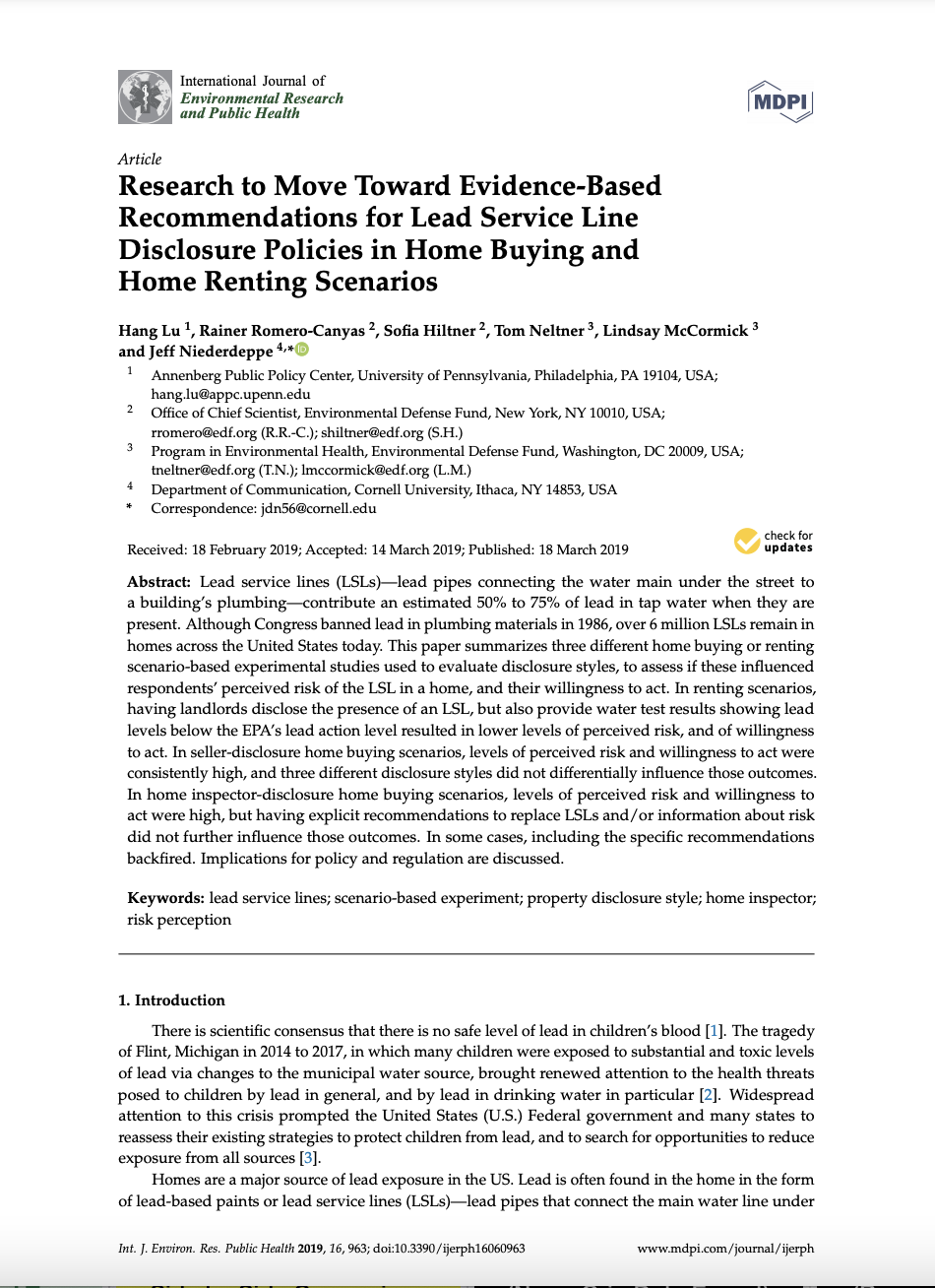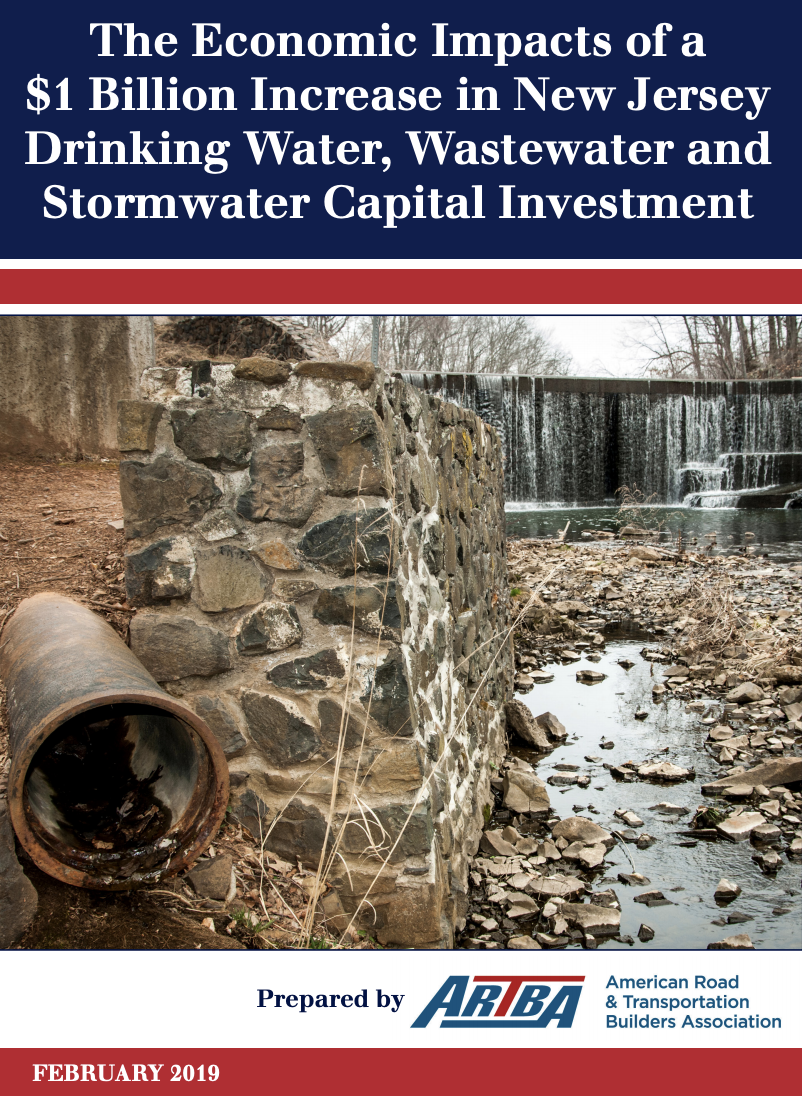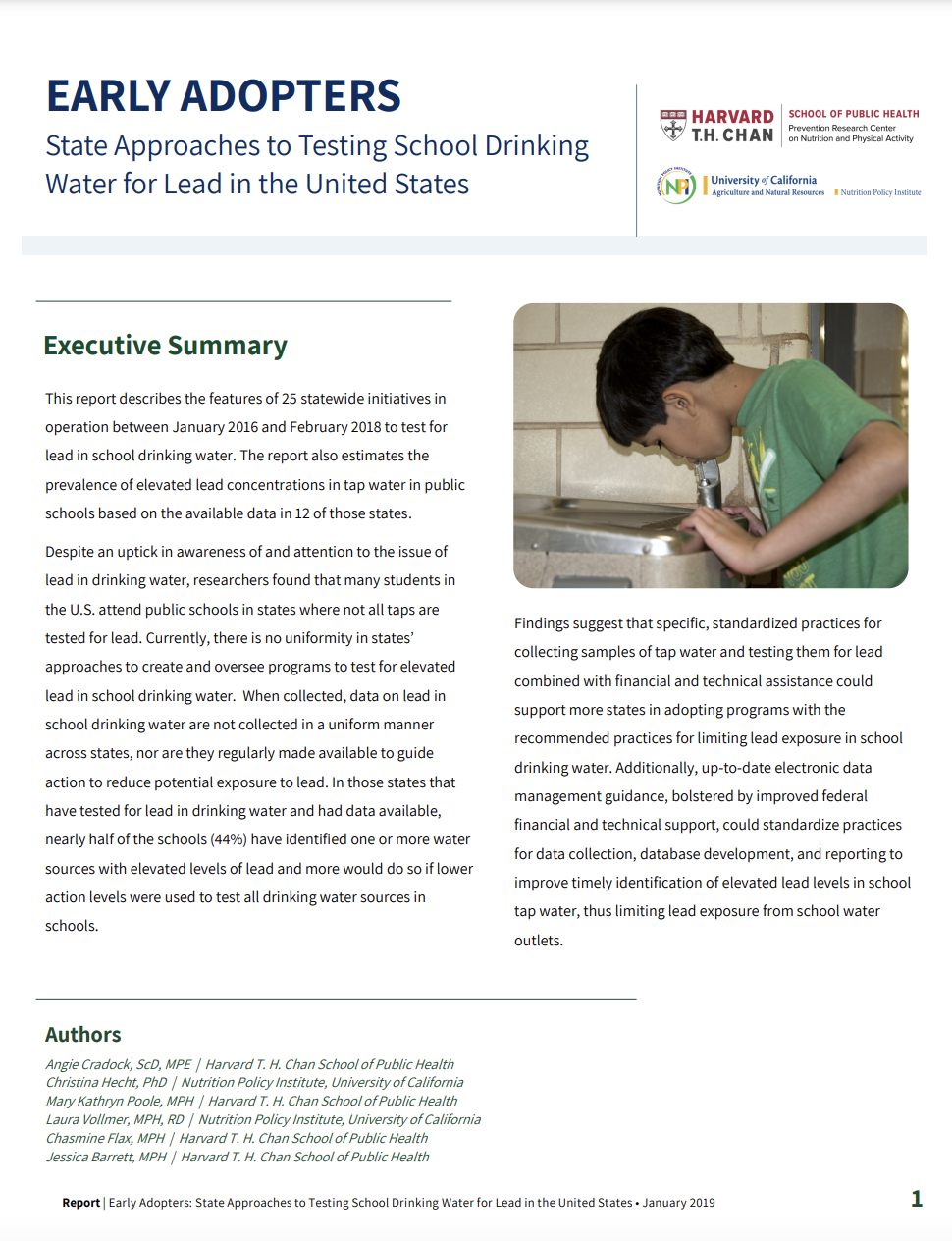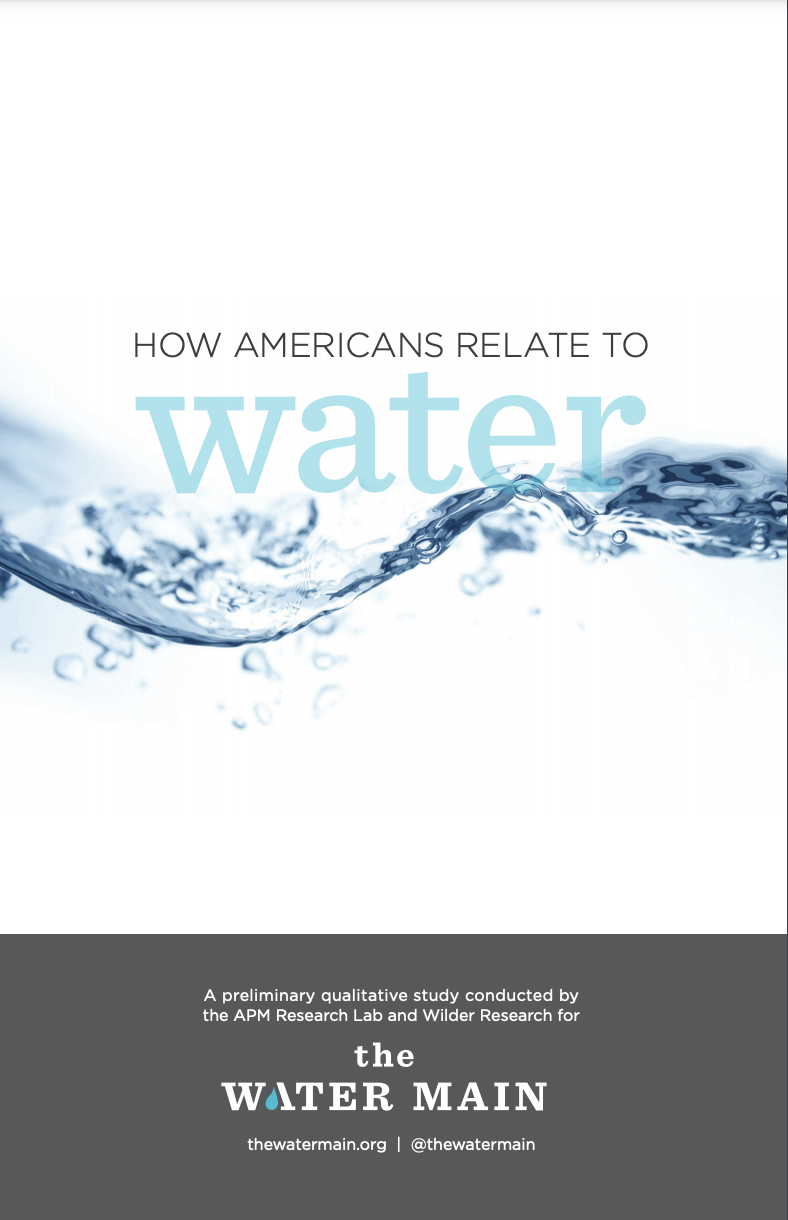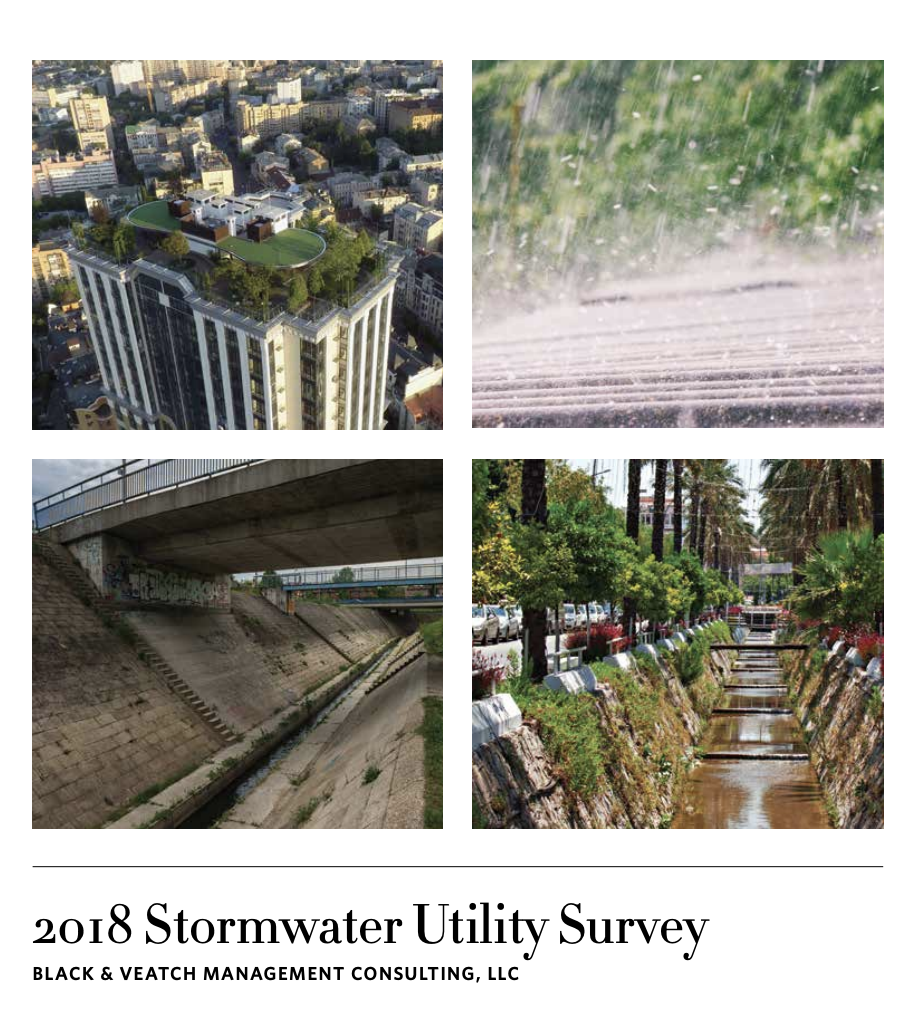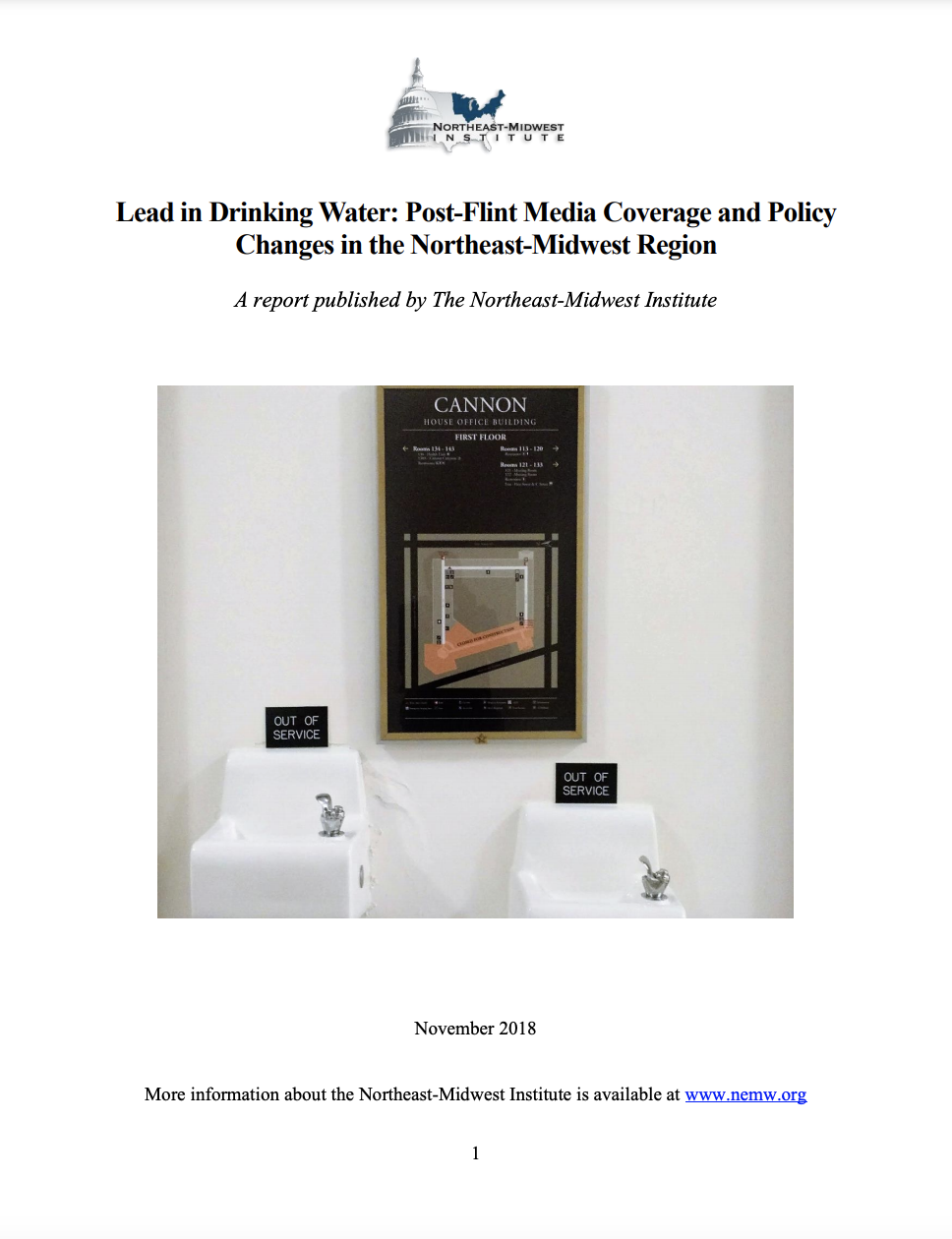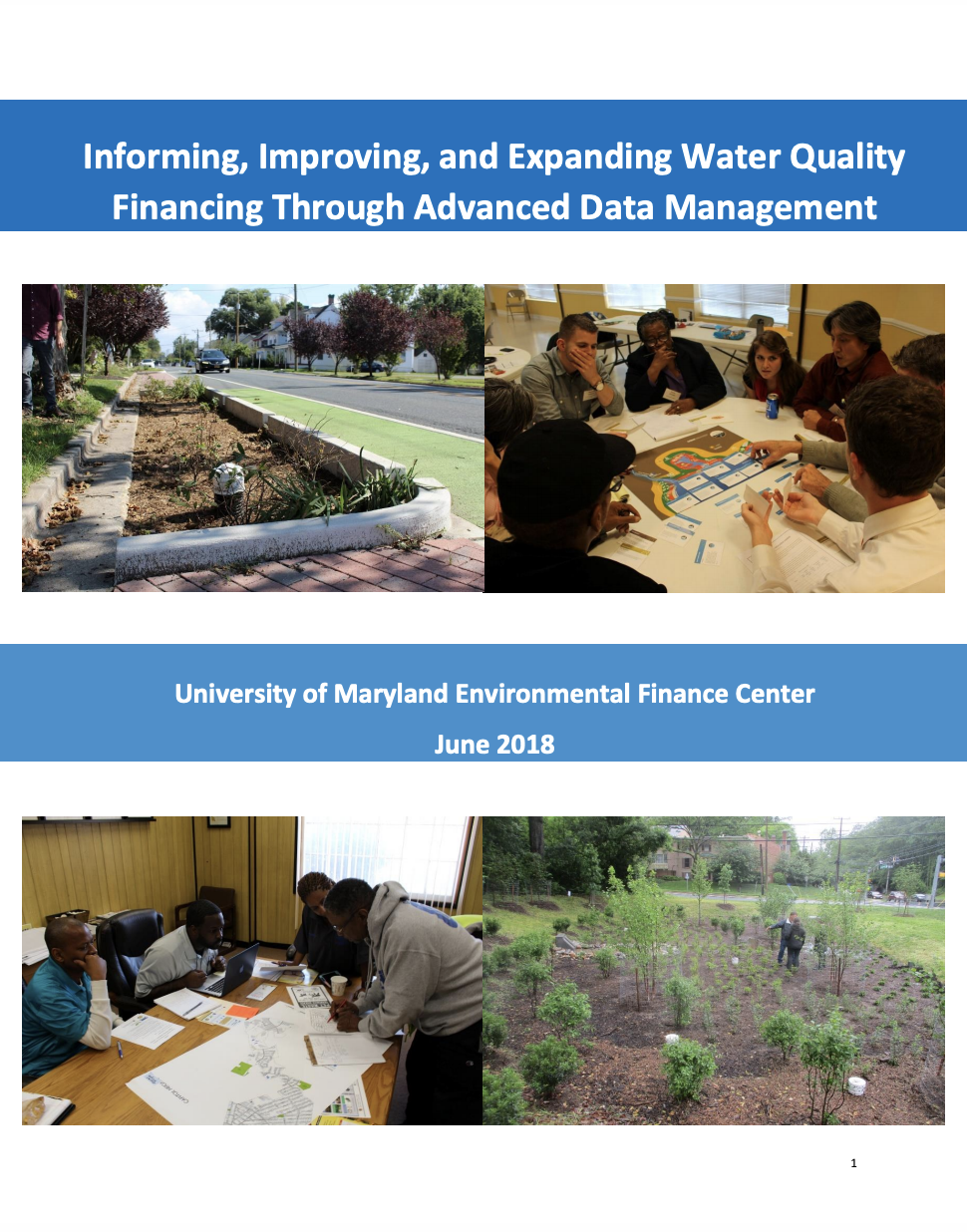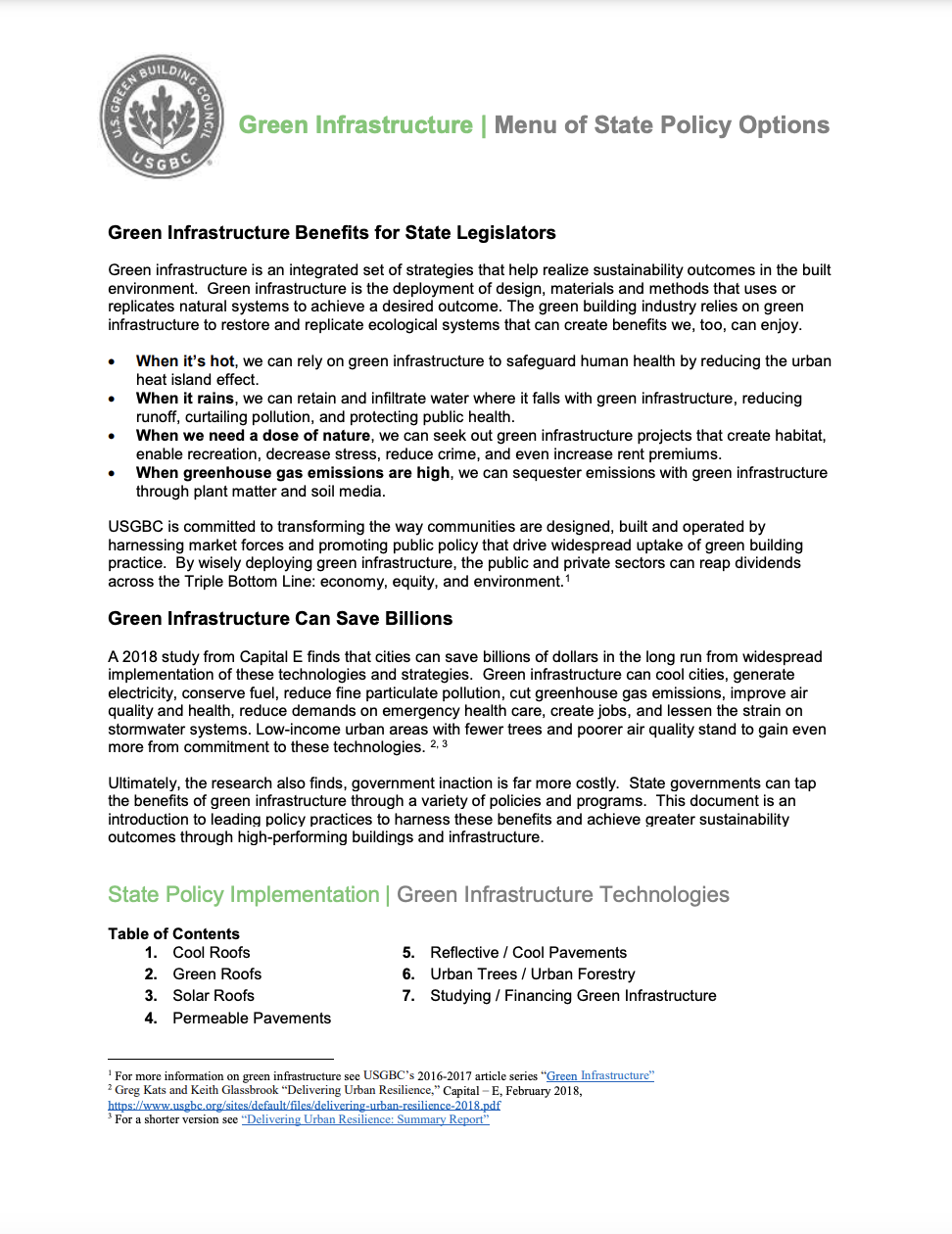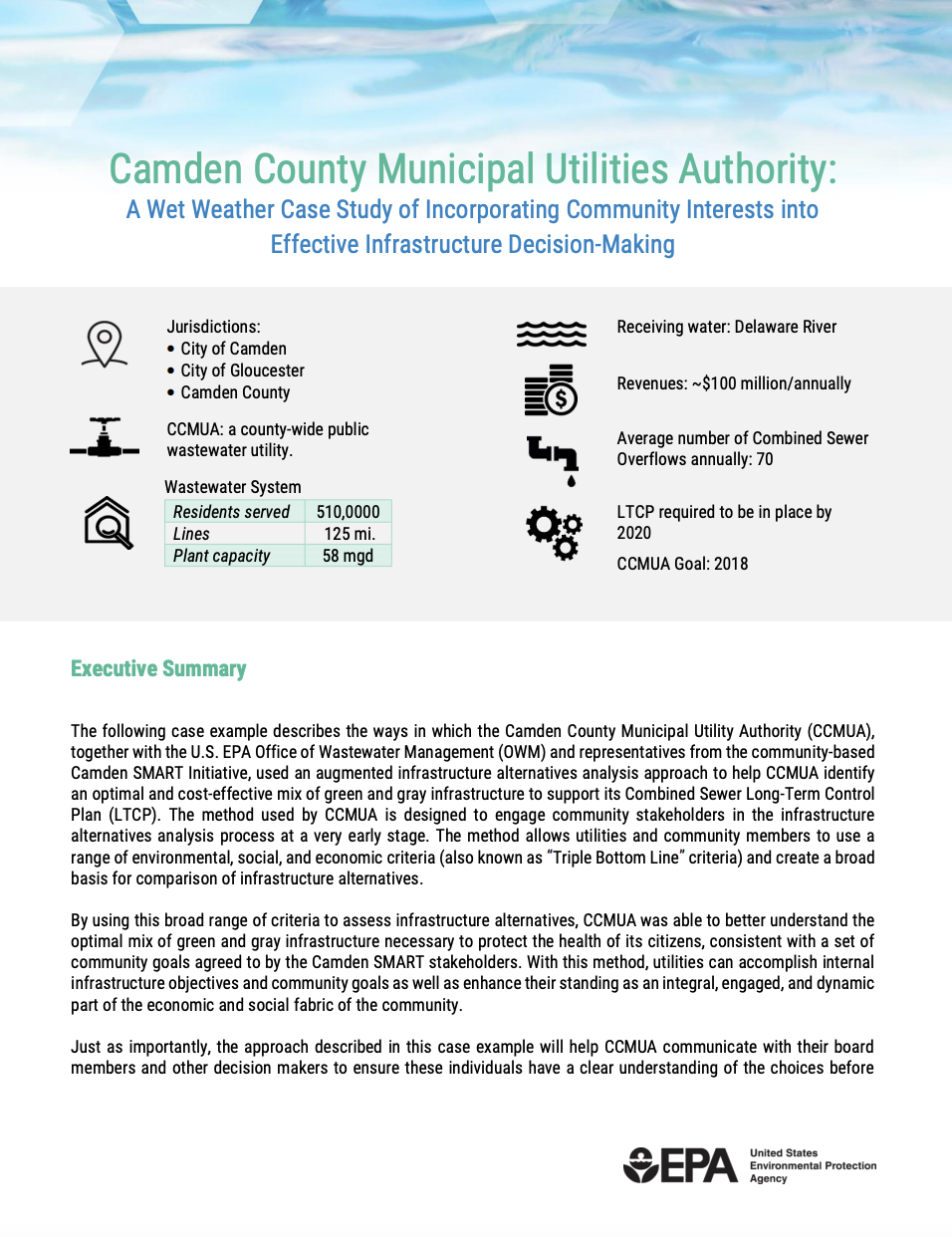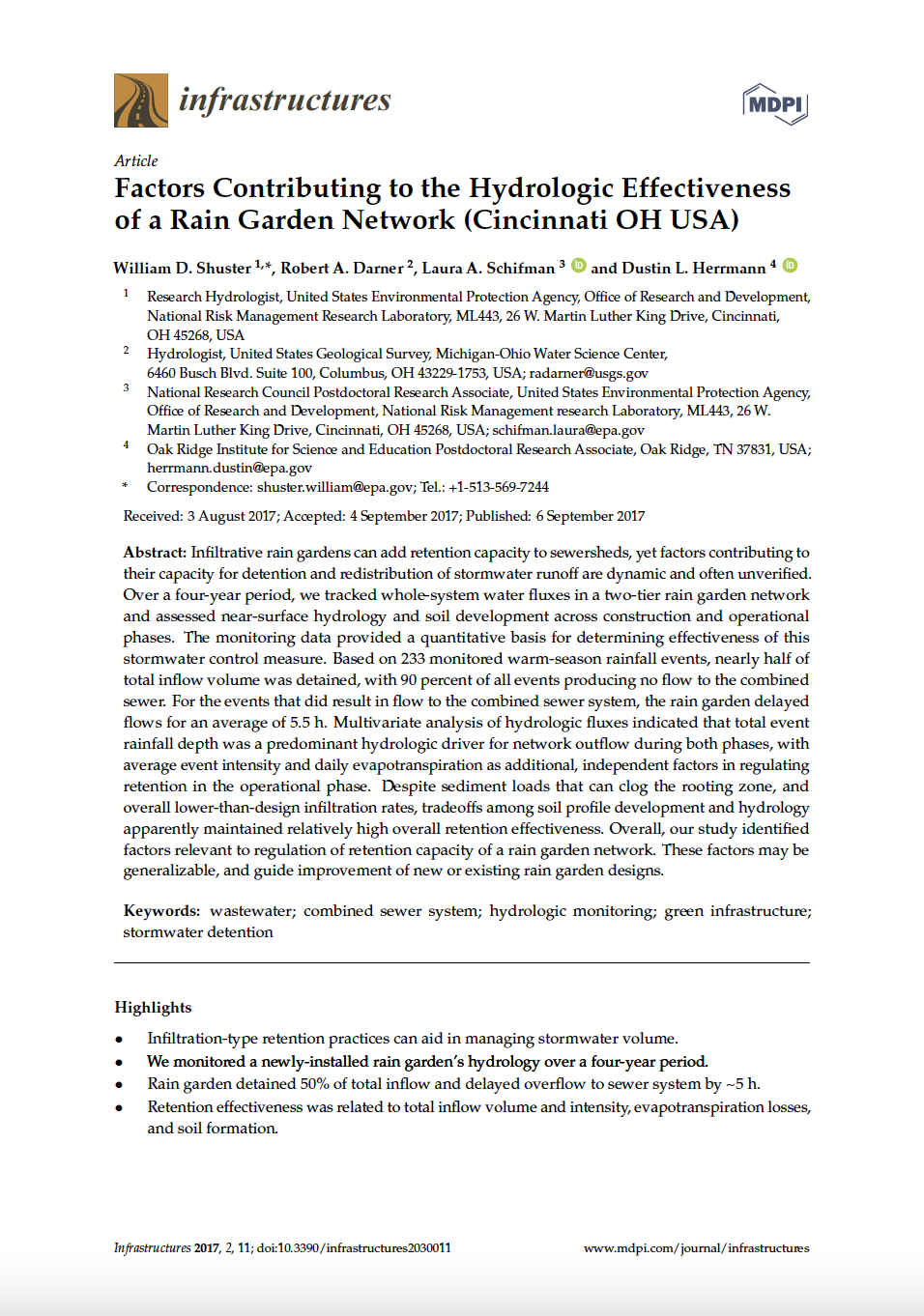Homebuyers and renters take action when told they may have a lead service line. EDF and collaborators at Cornell published a new study that provides insight into how disclosure policies can impact potential home-buyer and renter behavior. This effort builds on a report EDF published in 2017 according to their ability to help homebuyers make… Continue reading Research to Move Toward Evidence-Based Recommendations for Lead Service Line Disclosure Policies in Home Buying and Home Renting Scenarios
Type: Case Study
The Economic Impacts of a $1 Billion Increase in New Jersey Drinking Water, Wastewater and Stormwater Capital Investment
This report, The Economic Impacts of a $1 Billion Increase in New Jersey Drinking Water, Wastewater and Stormwater Capital Investment, examines how investing the additional $1 billion needed on the drinking water, wastewater and stormwater networks would create economic benefits throughout the state economy. The report was commissioned by the Utility and Transportation Contractors Association.
State Approaches to Testing School Drinking Water for Lead in the United States
This report by and University of California Nutrition Policy Institute, State Approaches to Testing School Drinking Water for Lead in the United States, describes the features of statewide initiatives in operation between January 1, 2016 and February 28, 2018 in 24 states and the District of Columbia to conduct testing for lead in school drinking… Continue reading State Approaches to Testing School Drinking Water for Lead in the United States
How Americans Relate to Water: A Qualitative Study
Americans are increasingly asked to make important decisions about managing our collective water resources. To do so, The Water Main believes that people need both Water IQ, an understanding of key issues, and Water EQ, a personal connection to water. How do Americans relate to water? To shed light on that question, The Water Main conducted… Continue reading How Americans Relate to Water: A Qualitative Study
2018 Stormwater Utility Survey
The “2018 Stormwater Utility Survey” was conducted online, in the United States, during May through July of 2018. The results are presented under the following six sections: Section 1: Organization and Operations presents a general profile of the respondents including population, size and characteristics of service area. Section 2: Planning presents insights into what utility managers perceive to… Continue reading 2018 Stormwater Utility Survey
Lead in Drinking Water: Post-Flint Media Coverage and Policy Changes in the Northeast-Midwest Region
This report, released by the Northeast-Midwest Institute, presents a comprehensive analysis of post-Flint statewide laws and regulations enacted in the NEMW states to improve water quality, as well as testing, reporting, and notification of lead results, and replacement of infrastructure. The report catalogs the severity of the lead crisis in the Northeast and Midwest jurisdictions… Continue reading Lead in Drinking Water: Post-Flint Media Coverage and Policy Changes in the Northeast-Midwest Region
Informing, Improving, and Expanding Water Quality and Financing through Advanced Data Management
Over the past three decades, billions of federal, state, and local dollars have been deployed to support water infrastructure projects and other programs that reduce point and nonpoint sources of pollution to the Chesapeake Bay and its tributaries. The University of Maryland Environmental Finance Center examined the trends that emerged in terms of project… Continue reading Informing, Improving, and Expanding Water Quality and Financing through Advanced Data Management
Menu of State Policy Options for Green Infrastructure
This document produced by the U.S. Green Building Council, Menu of State Policy Options for Green Infrastructure, is an introduction to leading policy practices to harness the benefits of green infrastructure and achieve greater sustainability outcomes through high-performing buildings and infrastructure. The resource can help state legislatures take decisive action to expand green infrastructure practices.
CCMUA: Incorporating Community Interests into Effective Infrastructure Decision-Making
This 2018 case study, CCMUA: Incorporating Community Interests into Effective Infrastructure Decision-Making, describes the ways in which the Camden County Municipal Utility Authority (CCMUA), together with the U.S. EPA Office of Wastewater Management and representatives from the community-based Camden SMART Initiative, used an augmented infrastructure alternatives analysis approach to help CCMUA identify an optimal and cost-effective mix of… Continue reading CCMUA: Incorporating Community Interests into Effective Infrastructure Decision-Making
Factors Contributing to the Hydrologic Effectiveness of a Rain Garden Network (Cincinnati OH USA)
U.S. EPA researcher Bill Shuster and his co-authors recently published a paper titled, Factors Contributing to the Hydrologic Effectiveness of a Rain Garden Network (Cincinnati OH USA). The paper is one of two included in a special issue of that focuses on green infrastructure. Infiltrative rain gardens can add retention capacity to sewersheds, yet factors contributing to… Continue reading Factors Contributing to the Hydrologic Effectiveness of a Rain Garden Network (Cincinnati OH USA)
